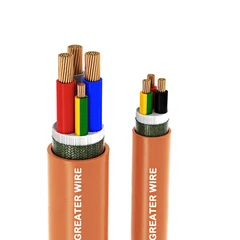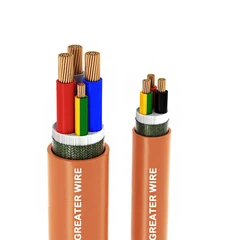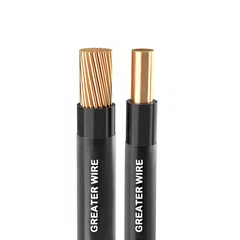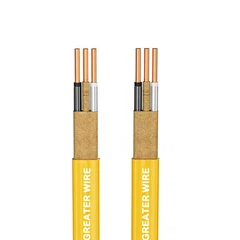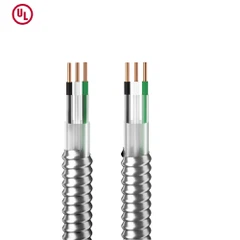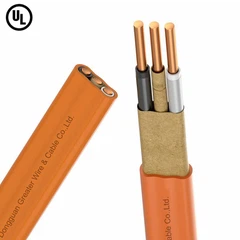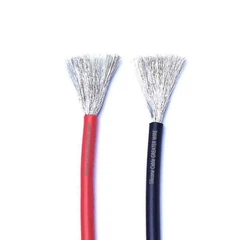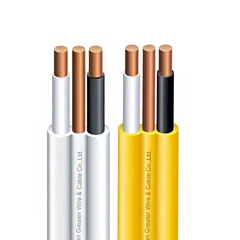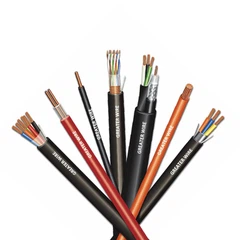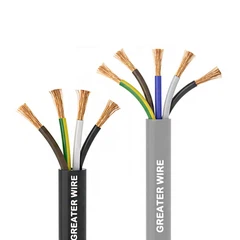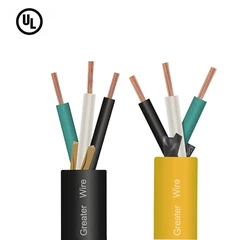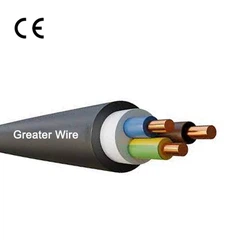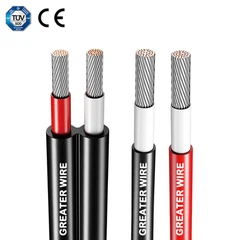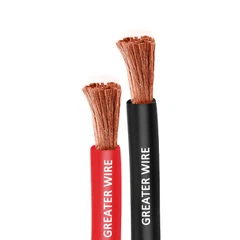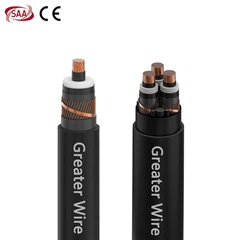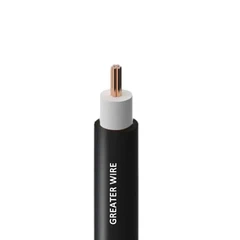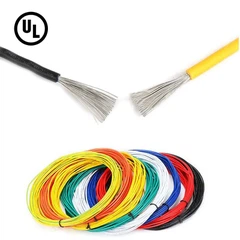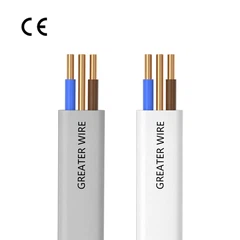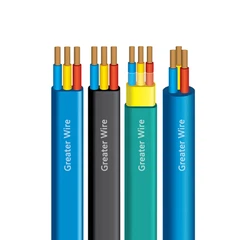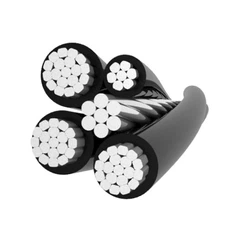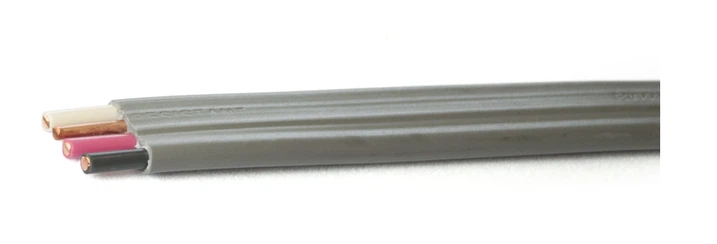1: Overview of UF Cable
UF cable (Underground Feeder Cable) is a cable specially designed for underground environment. It is often used in power supply systems and needs to be buried underground without additional pipes or protective shells. UF wire is characterized by water resistance, corrosion resistance, and high temperature resistance. It is suitable for use in humid environments, especially in occasions where power is supplied to the outdoors or underground.
1.1 Composition of UF wire
UF wire usually consists of the following parts:
Conductor: The conductor of UF cable is usually made of copper or aluminum. Copper conductor cable has good conductivity, while aluminum conductor cable is lighter and relatively cheaper. The conductor of the cable is used to conduct current.
Insulation layer: In order to avoid current leakage, the conductor of the cable is wrapped with an insulation layer. These insulating materials can effectively prevent short circuits between conductors and protect the cable from external electrical interference.
Sheath layer: The outer protective material of UF cable is usually made of polyvinyl chloride (PVC) or other plastic materials, which is used for waterproofing, corrosion resistance, UV resistance and chemical erosion resistance.
1.2 Application scenarios of UF cable
The main use of UF cable wire is in underground power systems, including the following aspects:
Home power supply: UF cables are often used for underground power supply in homes, especially outdoor lighting, garden irrigation systems, etc.
Agricultural equipment power supply: In agriculture, UF wire provide power for irrigation systems, power tools and other agricultural equipment with high reliability.
Power systems in commercial buildings: In commercial buildings, UF cables can also be used for underground power transmission to provide power support for lighting, security, control systems, etc.
1.3 Characteristics of UF wire
Water resistance: UF wire have strong water resistance and can withstand immersion in humid underground environments.
Corrosion resistance: Its outer sheath material enables UF cables to resist erosion by chemicals and salts in the soil.
High strength: UF cable can withstand the heavy pressure of underground soil, especially in areas with unstable or irregular soil conditions.
2: Overview of UF-B Cable
UF-B cable is a variant of UF cable, the main difference lies in its standards and application range. UF-B wire is also suitable for underground power transmission, but it has higher strength and additional protection, and meets more stringent safety standards. Therefore, UF-B wire is often considered an upgraded version of UF cable.
2.1 Composition of UF-B cable
The composition of UF-B cable is similar to that of UF cable, but its materials and design are slightly different:
Conductor: The conductor of UF-B cable is usually made of copper or aluminum, and the selection of conductor is mainly based on power demand and cost considerations.
Insulation layer: The insulation layer of UF-B wire uses similar materials as UF cable, such as high-strength materials such as PVC, to ensure the stability of the cable in harsh environments.
Sheath layer: The outer sheath of UF-B cable usually uses more durable materials, such as PVC or polyethylene, which have strong weather resistance and UV resistance, allowing it to work stably when exposed to sunlight or humid environments.
2.2 Application scenarios of UF-B cable
UF-B cables are mainly used in some power systems with higher requirements, especially those that require higher protection levels and longer service life. Its application scenarios include:
Building power supply: UF-B cables can be used for power systems inside and outside buildings, especially in areas that require long-term burial.
Agricultural applications: uf-b direct burial cable are widely used in agriculture in underground irrigation systems, farm power supply and other fields.
Municipal facilities: uf-b direct burial cable can be used to power power equipment such as urban street lights and traffic signal systems.
2.3 Characteristics of UF-B cable
Stronger corrosion resistance: Compared with UF cable, UF-B cable wire have significantly improved corrosion resistance. Its outer sheath material has higher corrosion resistance and can better resist erosion by environmental factors such as salt, acid and alkali.
High and low temperature resistance: The design of UF-B cables takes into account the impact of temperature changes and can maintain stability in extreme high or low temperature environments.
Stronger compression resistance: The UF-B cable's outer sheath is designed to be stronger and better able to resist the pressure and compression of the underground soil, especially in poor soil conditions or improper construction.
3: Main Differences between UF and UF-B Cables
Although UF and UF-B cables are similar in appearance and basic structure, there are some significant differences between them, which determine their different performance and uses in practical applications.
3.1 Standards and Certifications
UF Cable: The core wire of electrical wire uf-b usually meets standards such as UL83 or UL44.
UF-B Cable: UF-B cable needs to meet more stringent standards such as UL493 during the manufacturing process, especially in terms of corrosion resistance, pressure resistance, high temperature resistance and other aspects.
3.2 Pressure Resistance and Mechanical Strength
UF Cable: UF cable has relatively weak pressure resistance and is suitable for environments with good soil conditions. Its design takes into account moisture and temperature changes in underground environments, but it is not specially strengthened for high pressure or mechanical shock.
UF-B Cable: UF-B cable has significantly improved pressure resistance, especially for environments with soft soil or heavy mechanical pressure. Its additional protective layer enables it to withstand greater external pressure.
3.3 Installation Depth and Application Scope
UF Cable: According to the installation specification requirements, UF cable is usually buried at a depth of about 24 inches (about 61 cm), which is suitable for environments without high voltage or extreme conditions.
UF-B Cable: The installation depth of electrical wire uf b is usually required to be deeper, and it is suitable for more complex and demanding places, especially when it needs to resist strong mechanical pressure or chemical erosion. UF-B cable is more suitable.

